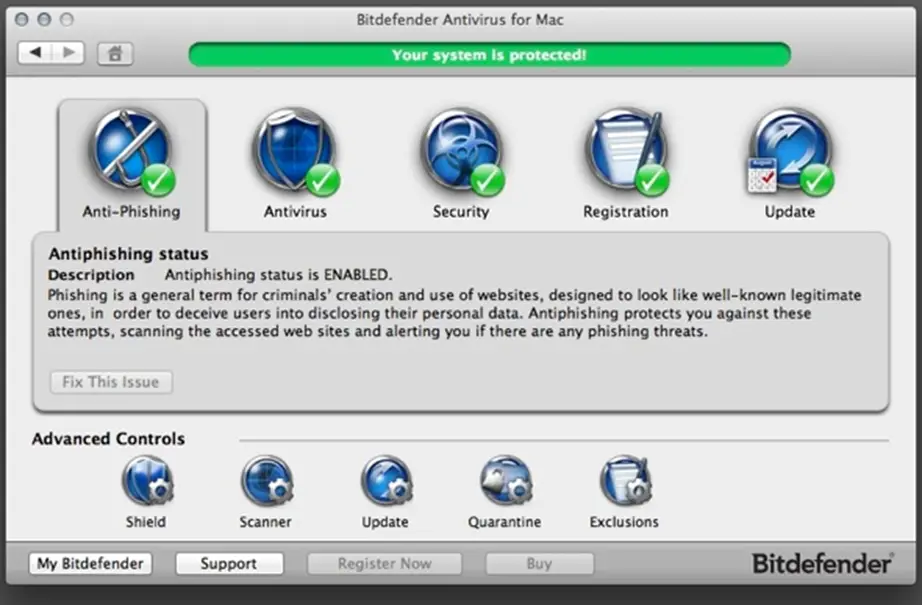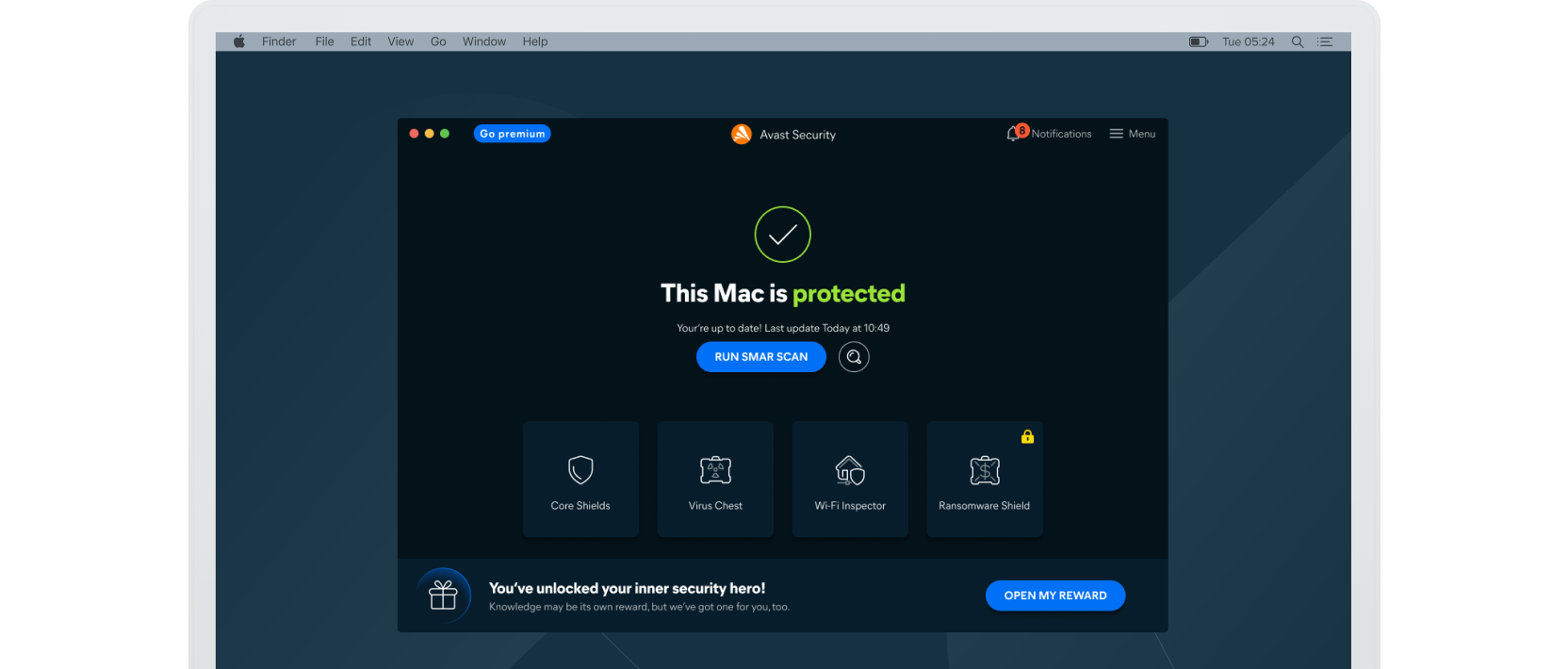

Why you should still consider antivirus for MacĮven if you don't let a piece of malware run, we have found that macOS' built-in security scanning doesn't always detect dormant viruses just sitting on the hard drive. If you stay within Apple's walled garden, you'll decrease your chances of picking up malware. But Apple does allow you to do so via the Security & Privacy menu within the Settings app. If your Mac has completely blocked you from opening an app because it isn't signed or notarised, you might want to think twice about opening it.

While this doesn't necessarily mean a program will contain viruses, not being checked by Apple also means that the software won't have gone through basic privacy and reliability checks, either. Whenever you download a program from the web, you'll be presented with a warning to remind you that it won't have gone through Apple's checks. Indeed, macOS is pretty explicit about apps that haven't been authenticated (signed by a registered developer and notarised by Apple).

While the adage mentioned above isn't strictly true, it is fair to say that there aren't many viruses for Mac computers, which makes them hard to come by.


 0 kommentar(er)
0 kommentar(er)
